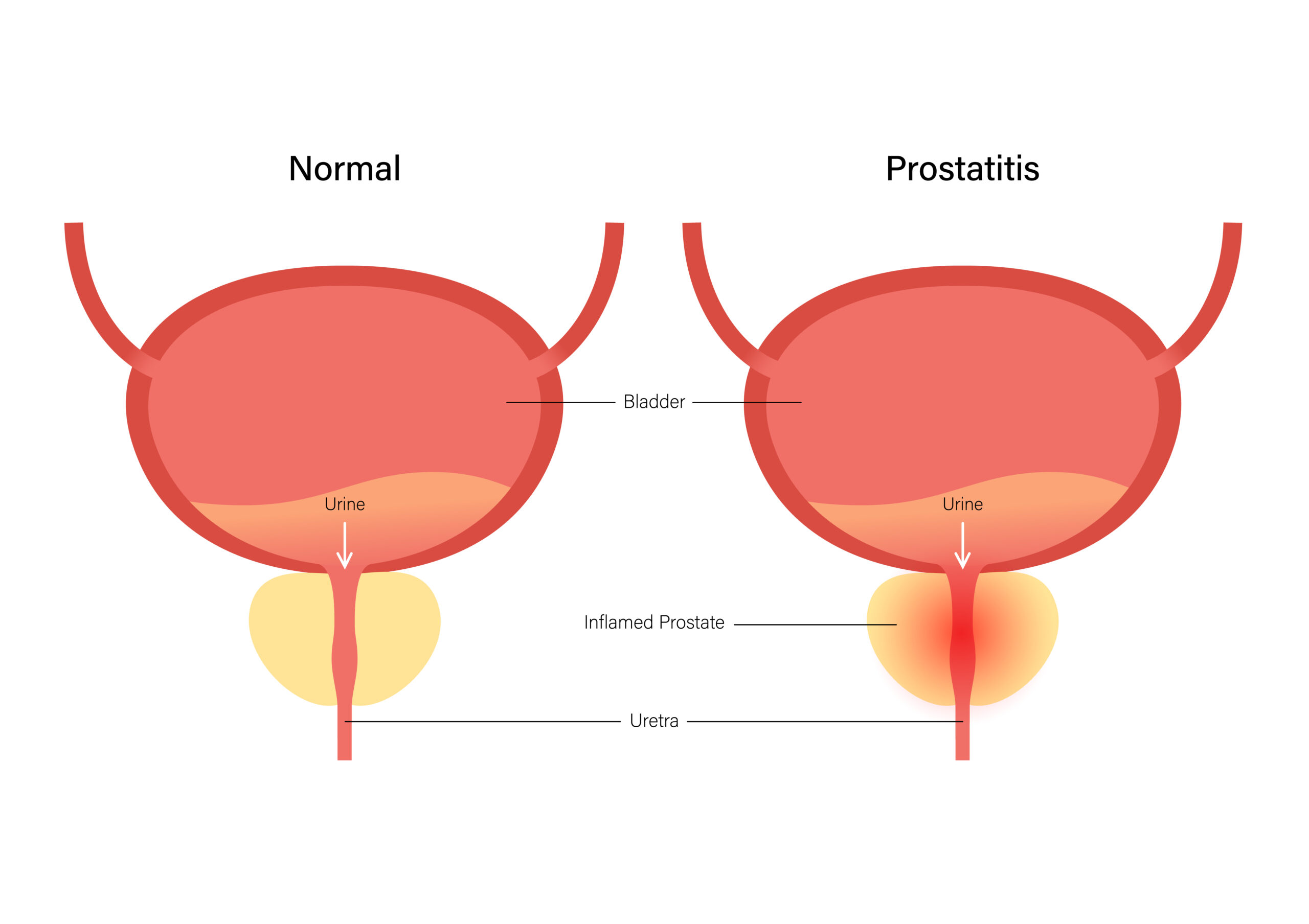Management of Prostate Disease

Benign Prostatic Hyperplasia (BPH)
Dr. Rakesh Kumar Pandey delineates Benign Prostatic Hyperplasia (BPH) as the non-malignant enlargement of the prostate gland. Patients afflicted with BPH typically manifest symptoms such as increased urinary frequency, urgency, diminished urine stream, and incomplete bladder emptying. Dr. Pandey emphasizes a spectrum of treatment modalities, ranging from pharmacotherapy to minimally invasive interventions like transurethral resection of the prostate (TURP) or laser therapy.
Prostatitis
In Dr. Rakesh Kumar Pandey’s discourse, Prostatitis emerges as the inflammatory condition affecting the prostate gland, often attributable to bacterial infection. Clinical presentation encompasses pelvic pain, dysuria, and heightened urinary frequency. Dr. Pandey underscores the importance of tailored therapeutic approaches, entailing antibiotics for bacterial prostatitis and anti-inflammatory agents for non-bacterial variants.
Prostate Cancer
Dr. Rakesh Kumar Pandey expounds on Prostate Cancer as one of the prevalent malignancies affecting men, typically originating in the glandular cells of the prostate. Early-stage manifestation might not be overt; however, advanced symptoms may include dysuria, hematuria, and erectile dysfunction. Dr. Pandey underscores the significance of proactive screening for early detection, advocating for a comprehensive armamentarium of treatment options encompassing active surveillance, surgery, radiation therapy, hormone therapy, and chemotherapy, contingent upon disease stage and aggressiveness.

